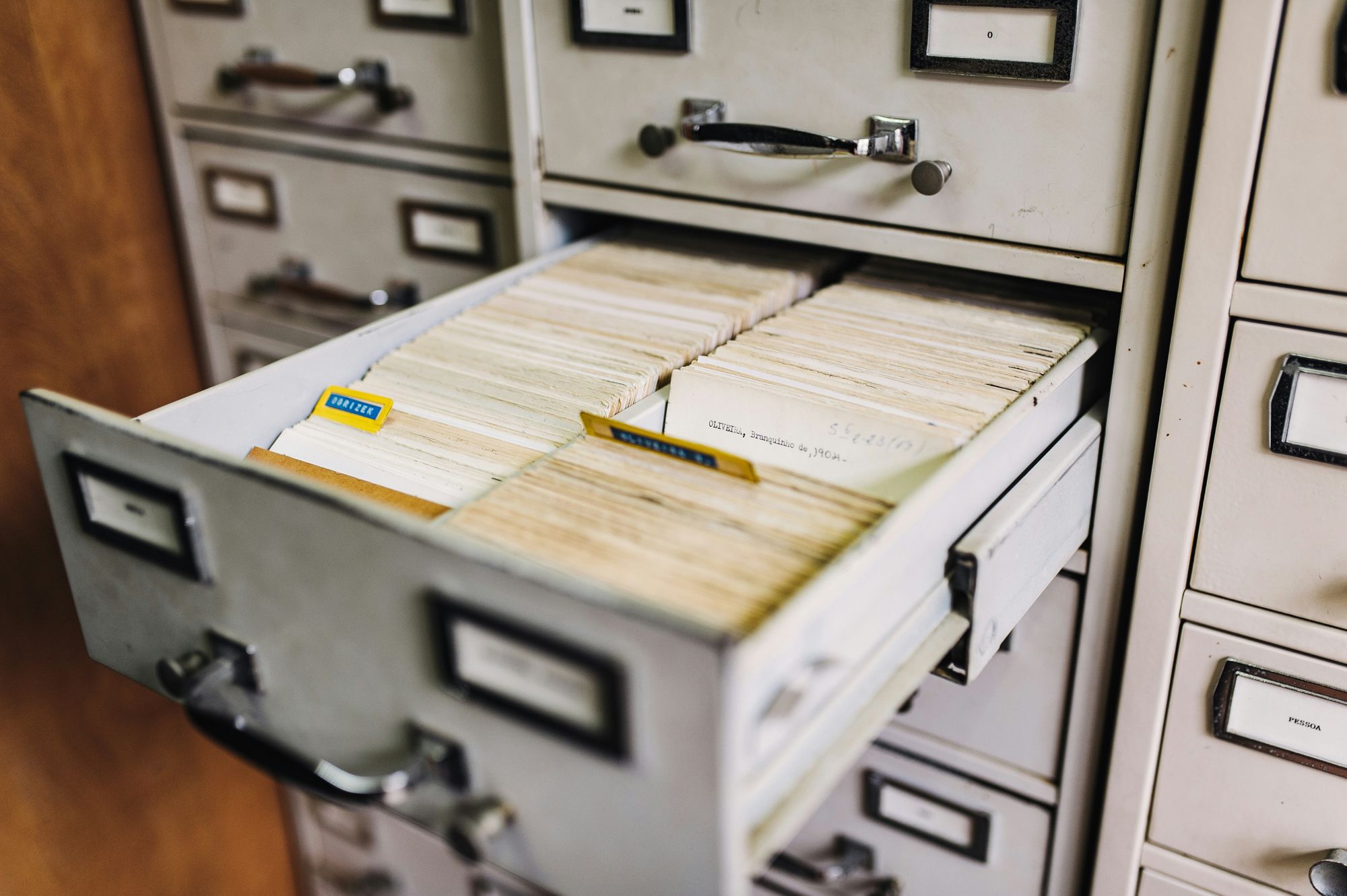How and Where to Store Important Paperwork

Keeping important documents safe and easily accessible is essential for managing personal, financial, and legal matters. Whether it’s birth certificates, wills, or property deeds, knowing where and how to store these items can save time, prevent loss, and provide peace of mind. This guide outlines the best storage solutions for your critical paperwork.
What Documents Should Be Safely Stored?
Before choosing a storage method, identify the key documents that require safekeeping:
Personal Identification Documents
- Birth certificates
- Passports
- Social Insurance Number (SIN) cards
- Marriage and divorce certificates
- Citizenship or immigration papers
Financial Documents
- Bank account details
- Investment and retirement account records
- Tax returns (at least 6 years of records)
- Learn more about tax record retention
- Loan and mortgage agreements
Legal Documents
- Wills and powers of attorney
- Understand the importance of a will in Canada
- Insurance policies (life, home, health, auto)
- Property deeds and vehicle titles
- Business agreements and licenses
Best Places to Store Important Paperwork
1. Home Safe or Lockbox
A fireproof and waterproof home safe is one of the best ways to protect physical documents from damage or theft.
- Choose a safe with a high fire rating (at least 30 minutes of fire resistance).
- Keep it hidden but accessible to trusted individuals.
- Store original copies of wills, birth certificates, and property deeds inside.
2. Safe Deposit Box at a Bank
A safe deposit box offers secure offsite storage for documents you don’t need frequent access to.
- Ideal for original wills, investment records, and valuables.
- Ensure a trusted family member or executor has access.
- Keep a digital or physical inventory of what’s inside. Find out more about safe deposit boxes.
3. Digital Cloud Storage
For added security, scan and store important documents digitally using encrypted cloud services such as Google Drive, Dropbox, or OneDrive.
- Use password protection and two-factor authentication. Learn about secure cloud storage.
- Store scanned copies of passports, insurance policies, and tax returns.
- Regularly back up files to prevent data loss.
4. External Hard Drive or USB Flash Drive
A password-protected USB drive or external hard drive is a secure way to store digital copies of documents.
- Keep in a safe location separate from physical paperwork.
- Update files periodically.
- Encrypt sensitive information to prevent unauthorized access. More on encryption and data protection.
5. With Your Lawyer or Executor
For legal documents such as wills and powers of attorney, consider storing copies with your lawyer, executor, or financial advisor.
- Ensure designated individuals know where the originals are kept.
- Provide access instructions to prevent delays in estate matters.
Tips for Organizing Important Paperwork
1. Label and Categorize Documents
Use folders or binders with clear labels for different types of paperwork (e.g., taxes, banking, real estate).
2. Make Multiple Copies
- Store originals in a safe place and copies in easily accessible locations.
- Give a trusted individual a sealed copy of your will.
3. Review and Update Regularly
- Set a reminder to review your documents annually.
- Update records when major life events occur (marriage, birth, death, property purchase).
Properly storing important paperwork ensures they are safe, accessible, and protected from unforeseen circumstances. Whether using a fireproof safe, safe deposit box, digital storage, or legal counsel, having a structured system can prevent loss, reduce stress, and keep you prepared for any situation.




